

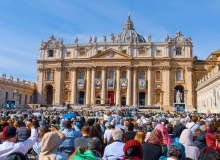
As a Jesuit, Pope Francis tends to use an equivocal style, a dubitative and incomplete form of argumentation, an “open” logic, a colloquial if not casual tone, and a pastoral trait which often lacks clarity and coherence.

The evangelical faith, while feeling totally part of the history of the faithful church, is ultimately submitted to Scripture alone.
Cropped.jpg)
Has the former Anglican Bishop Nazir-Ali fallen prey to a shortsighted, selective and, in the end, idealized view of Rome – a sort of wishful thinking in times of personal crisis?
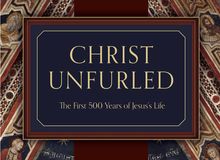
Evangelical remarks on Catholic S.J. David Meconi’s latest book.
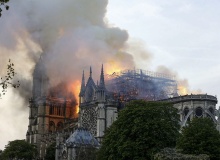
On Andrea Riccardi’s insights on the crisis of present-day Roman Catholicism.
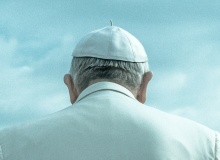
Whoever is elected, the next pope will unlikely be an “evangelical” if the word “evangelical” retains its doctrinal and historical meaning.
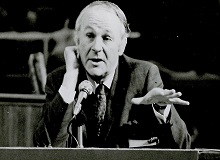
The controversialist, the dialogue partner and the diplomat.
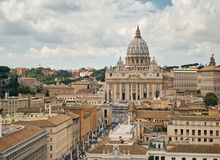
Even if the call to listen to the Word of God is present in these speeches, it seems to lead to an increased catholicity rather than an appeal to recover the biblical gospel.
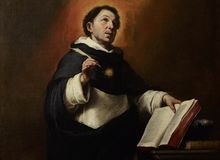
Although no longer monumental and certainly not monolithic, Thomism is still “substantial” for Roman Catholicism, representing its main theological backbone.
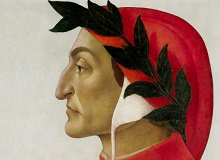
Dante between the Bible and Medieval Roman Catholicism.
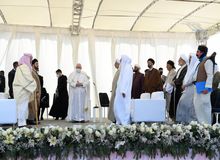
The pope's speech in his recent trip to Iraq undermines the Christian “scandal”, according to which Jesus Christ is the only way to the Father.
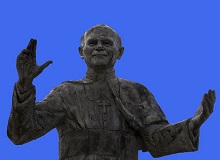
An analysis of the encyclical letter published by Pope John Paul II on 14 September 1998.

With the recent projects, Pope Francis is making it plain what it means for the Roman Catholic Church to be a “sacrament” in the world in the realms of global politics, education and economy, i.e. uniting the whole of humanity around itself.
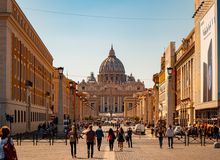
Is it possible to define Roman Catholicism? We are addressing Roman Catholicism as a system from an evangelical viewpoint.

Without a biblical frame of reference for the development of doctrine, Roman Catholicism allowed this unwarranted belief to mount to a dogmatic peak.
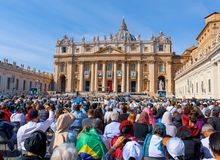
“All Brothers” shows that the mission that Pope Francis has in mind is not the preaching of the Gospel in words and deeds, but the extension to all of a message of universal fraternity.

Creation care does not require “spiritual ecumenism” with non-evangelicals to be pursued faithfully and responsibly. Co-belligerence is sufficient.
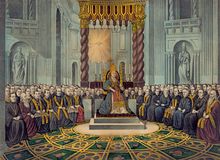
Vatican I further solidified the nature of the papal office as a quasi-omnipotent and infallible figure.

The involvement of James I. Packer with the Evangelicals and Catholics Together initiative has puzzled many of his admirers.
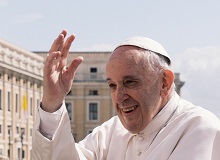
Moving beyond the perimeter of the biblical faith, Roman Catholicism legitimizes prayers to other deities or religious ideals.
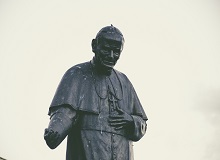
The unsettled legacy of John Paul II one hundred years since his birth.

For missiological, theological, evangelistic, and strategic reasons, evangelicals must try to enter the Roman Catholic mindset and gently challenge it with the gospel.

The Pope is offering an outpouring of indulgences. The message that Roman Catholicism is giving in these weeks of coronavirus crisis is a disarming detachment from the basic principles of the biblical faith.

Pope Francis tends to idealize native cultures, seeing them as already infused by the grace of God.

Roman Catholicism is built on the conviction that its system is capable of keeping together its unchangeable Roman identity and its ever-increasing Catholicity.

Las opiniones vertidas por nuestros colaboradores se realizan a nivel personal, pudiendo coincidir o no con la postura de la dirección de Protestante Digital.